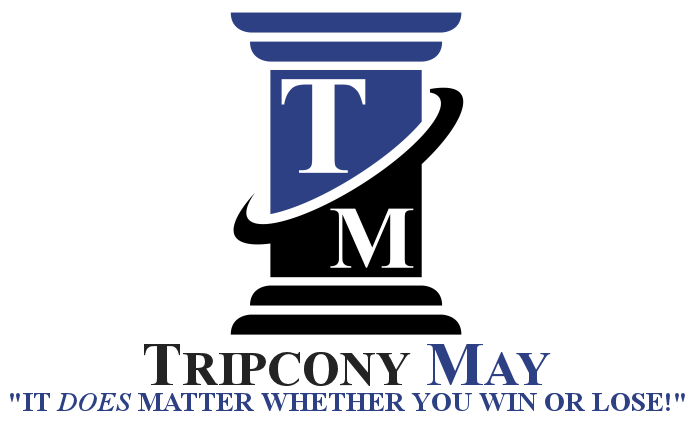Evaluations FAQs
- Should I have someone evaluate the relationship between my children and me ?
Often a parent will hire a psychologist to evaluate the parent/child relationship. As might be expected, this can be quite expensive and may get into what lawyers call “the battle of the experts.” “The battle of the experts” is when one parent hires a psychologist, for example, to prepare an evaluation and present it to the court, and the other hires another psychologist to present his or her evaluation to the court. The judge must then decide which evaluation is “better”, which can easily get confused with which expert is “better”. Keep in mind, a judge may also order an independent evaluation. If this is the case, it is mandatory to undergo the evaluation because it is court ordered.
That being said, psychological evaluation of the parent/child relationship is not uncommon in child custody disputes. You and your attorney should decide whether one would be helpful or useful in your custody case.
- What is a parenting or custody evaluation?
A parenting or custody evaluation is an assessment of each spouse’s parenting skills. In a proper evaluation, a comprehensive investigation into each spouse’s psychological makeup, parenting skills, and other factors is conducted and the results are weighed in an attempt to determine the best custody arrangements.
- Why would I request a parenting or custody evaluation be done?
The following are all valid reasons you might want to look into having an evaluation done:
- If you genuinely believe that you are a significantly better parent than the other parent.
- If you suspect the other parent would interfere with the relationship between you and your children.
- If you believe the other parent has psychological or medical problems that would prevent them from parenting effectively.
- If the other parent has a history of criminal behavior, drug problems, or emotional instability.
- If the other parent engages in behavior that is (or could be) seriously detrimental to the children.
- If the other parent has exhibited any incidents of child abuse or endangerment.
- What is involved in a parenting or custody evaluation?
A parenting or custody evaluation typically involves a number of things, including personal interviews with the parents by trained evaluators, psychological testing of the parents, and interviews with ‘collateral contacts’ such as teachers, neighbors, and friends. One or more “parent-child play sessions” may also be conducted, where the parent and child are observed interacting. Evaluations may also include drug and alcohol screenings or tests.
- Will a history of drug or alcohol abuse count against me in an evaluation?
It’s unlikely to work for you, but it doesn’t have to be fatal to the evaluation. How seriously your past drug or alcohol abuse is taken depends on several things:
How long ago was the substance abuse? If you stopped using drugs a year ago, great. If you stopped using drugs last week, don’t expect the evaluator to be impressed with your new-found sobriety.
Past convictions and/or jail time for substance abuse are also major ‘red flags’ to evaluators, as these things usually indicate a deeper involvement than just casual personal use.
If you have a history of drug and/or alcohol abuse, you’ll need to show the evaluator that you have cleaned up your act, made sensible choices about the priorities in your life (namely, your children), and that you have not only ceased any substance abuse, but are unlikely to return to it.
- How much weight or consideration does the court give to a psychiatric evaluation?
The court may give great weight to the evaluation, or they may disregard it completely. It depends on the case and the judge and who the evaluator is. Often, it’s a major factor.

